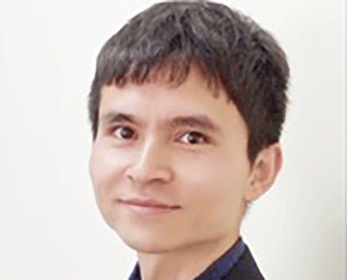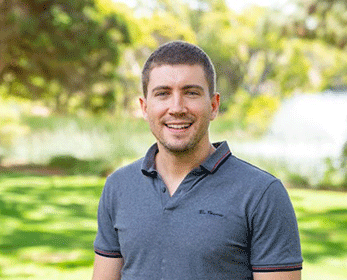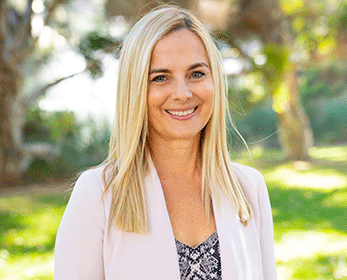Four Edith Cowan University health researchers have won hundreds of thousands of dollars as part of the WA Near-Miss Awards: Emerging Leaders program.
The WANMA is an innovative program aiming to support emerging WA researchers who narrowly missed out on highly sought-after National Health and Medical Research Council (NHMRC) grants.
It is funded by the State's Future Health Research and Innovation Fund, which provides a secure source of funding to drive health and medical research, innovation and commercialisation.
It also enables researchers to resubmit applications to a future NHMRC Investigator Grants round.
Dr Liezhou Zhong, Dr Myles Murphy, Dr Catherine Bondonno and Dr Emmanuel Adewuyi will use the funding to continue their respective research projects which all aim to improve people’s health and lives.
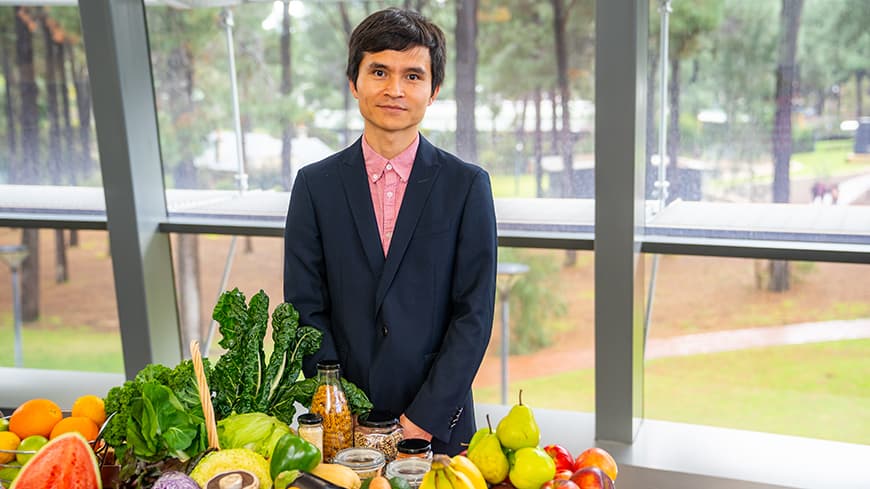 Dr Liezhou Zhong.
Dr Liezhou Zhong.
Dr Zhong was one of just four WA researchers awarded a 2-to-3-year Emerging Leaders Fellowship.
He will receive $261,000 to continue his work a ECUs Nutrition and Health Innovation Research Institute (NHIRI) researching innovative ways for people to eat nutritious food.
Be it fussy school children or aged care residents with chewing and swallowing problems, many people struggle to consume the food they need.
Dr Zhong uses innovative technology such as 3D food printing to create food which is nutritious, but also easier to consume and/or more visually appealing.
"This fellowship can definitely speed up my research program in advancing 3D food printing to improve health and wellbeing in many vulnerable communities," he said.
"It can help these people enjoy every bite, every day and feel loved and supported, and also help their caregivers in preparing texture modified foods for their loved ones.
"I hope my work can make real changes in people’s life in WA and beyond."
The remaining trio of researchers all received one-year Emerging Leaders Grants worth $100,000.
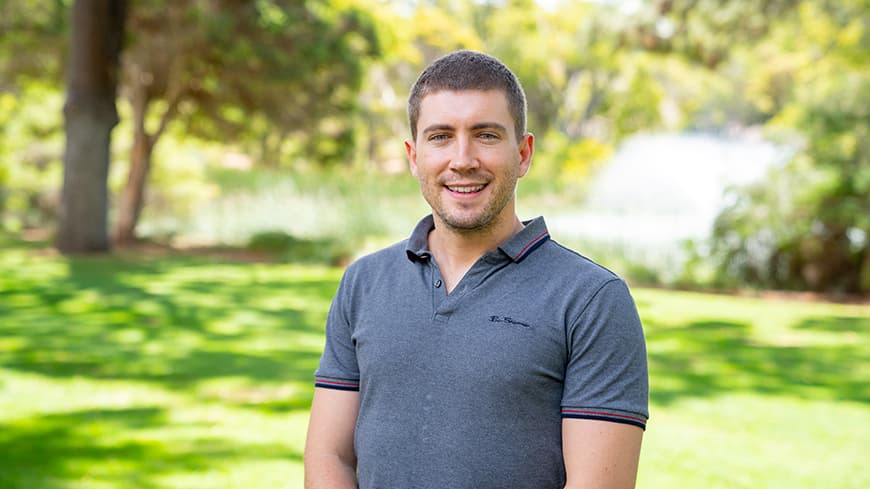 Dr Myles Murphy.
Dr Myles Murphy.
Also based at NHIRI, Dr Murphy is investigating how to improve the quality of life for people with lower limb osteoarthritis.
Specifically, he will explore how mechanisms in the brain behave unusually in osteoarthritis and reduce muscle strength, which can make pain and symptoms worse.
"My WANMA will allow me to explore how these maladaptive processes in the brain are driving the development of hip osteoarthritis," he said.
"Once we know which elements of the brain are responsible for inhibiting strength and capacity of the muscles, we can work on innovative new ways to treat the brain and improve the quality of life for people with osteoarthritis."
 Dr Catherine Bondonno.
Dr Catherine Bondonno.
NHIRI's Epidemiology Lead, Dr Bondonno’s project is titled 'Nitrate: The Dr Jekyll and Mr Hyde of human health?' and explores how nitrate could improve health or be linked to cancer, depending on what source it comes from.
"The major sources of nitrate are vegetables, meat, and drinking water," she said.
"My research will determine in what contexts nitrate causes harm and when it is beneficial.
"This will provide the necessary evidence for developing and promoting new dietary guidelines for health."
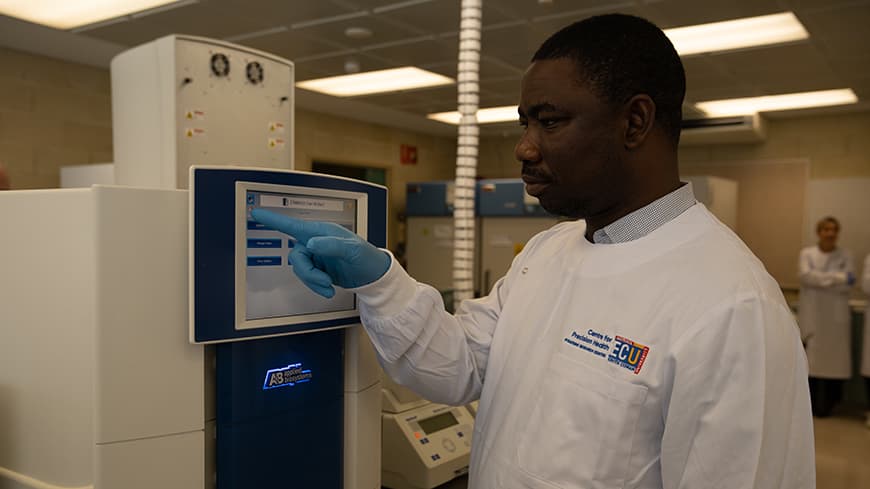 Dr Emmanuel Adewuyi.
Dr Emmanuel Adewuyi.
ECU Centre for Precision Health's Dr Adewuyi will examine the genetic links between Alzheimer’s Disease (AD) and the many other conditions and diseases which often co-exist in people living with AD.
"The underlying mechanisms of AD remain poorly understood, which is a plausible reason it currently has no curative treatment," he said.
"This funding will enable me to contribute to advancing knowledge of the biological mechanisms of the disorder with the potential to identify therapeutic targets for further investigation."
Minister for Medical Research Stephen Dawson said WA would see "some amazing advances in home-grown research and innovation" over the following decade.
"Congratulations to the funding recipients announced today," he said.
"I am excited to see funding through the WANMA program going to the State's emerging researchers, who will be leading the research effort in WA for years to come."
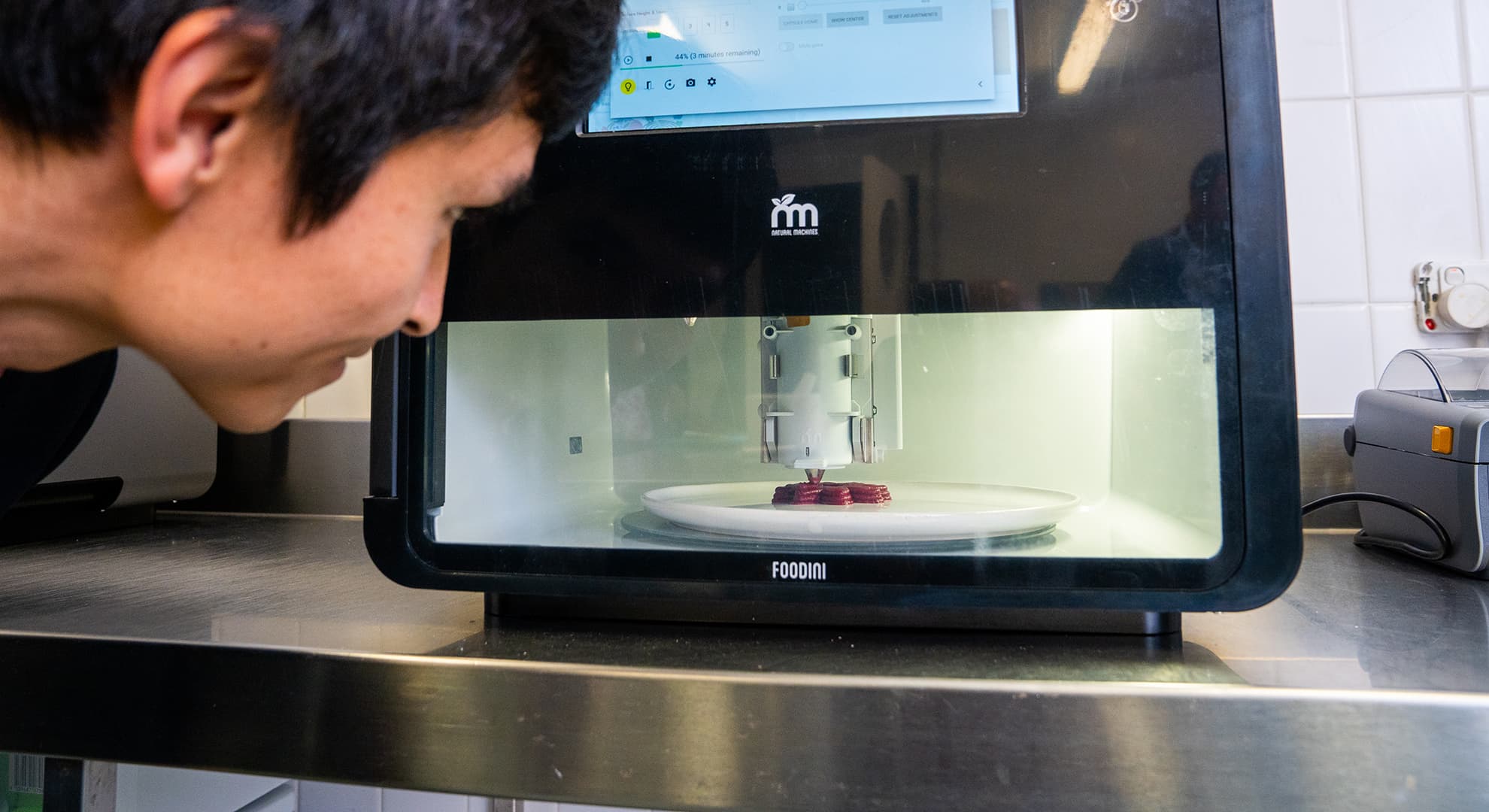 ECU health researchers have hundreds of thousands of dollars worth of WA State Government.
ECU health researchers have hundreds of thousands of dollars worth of WA State Government.
